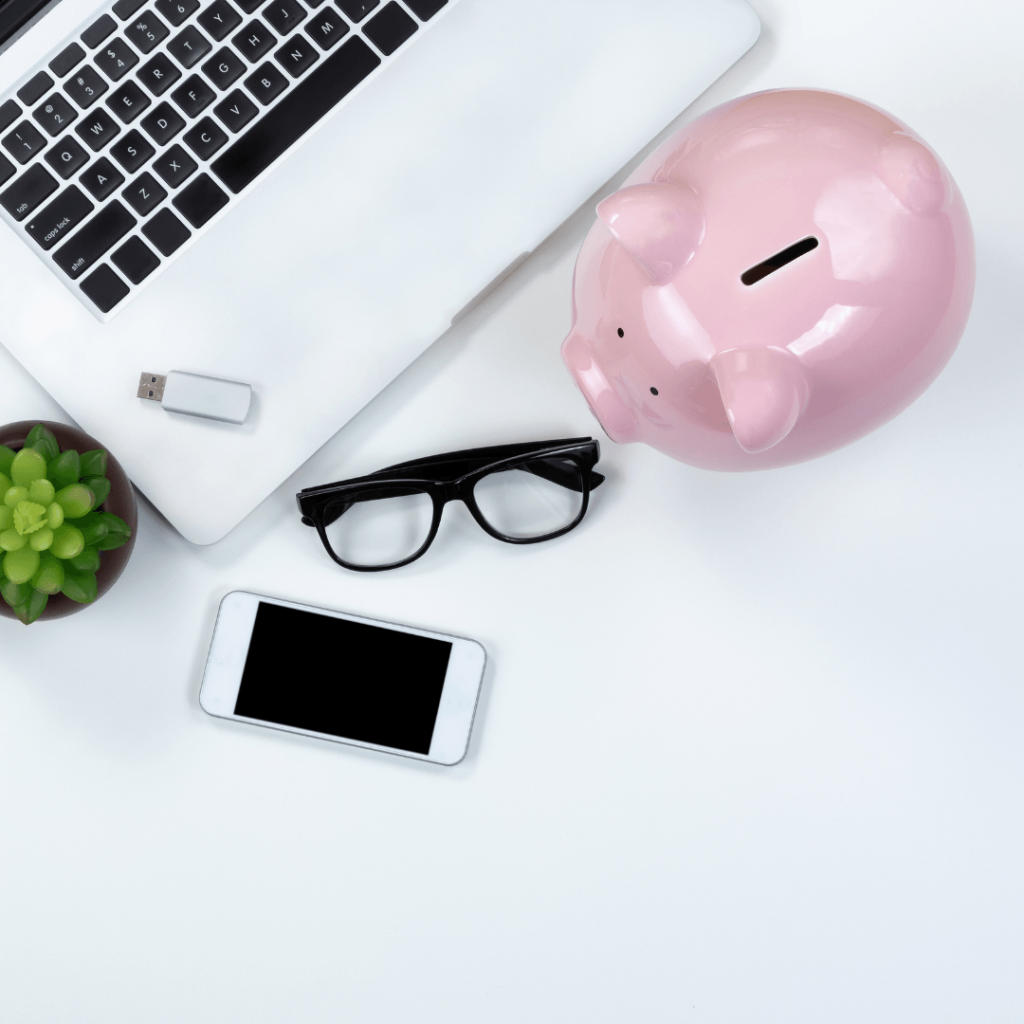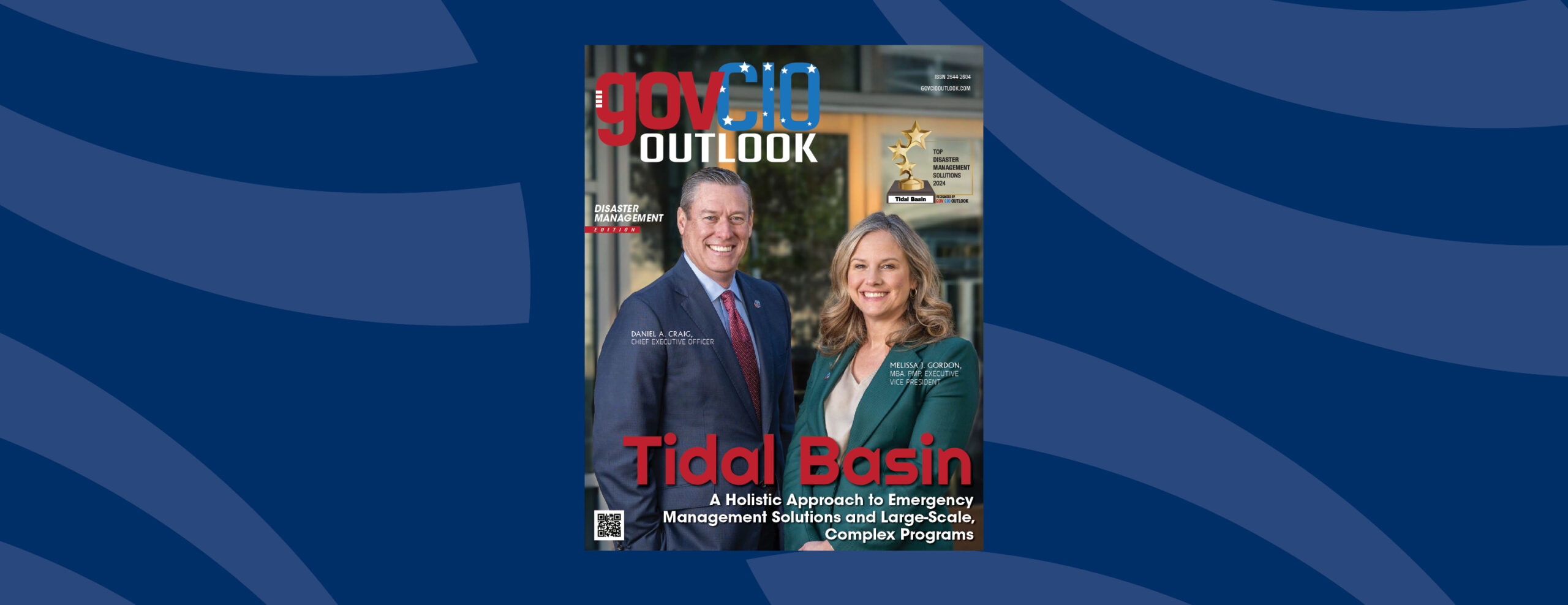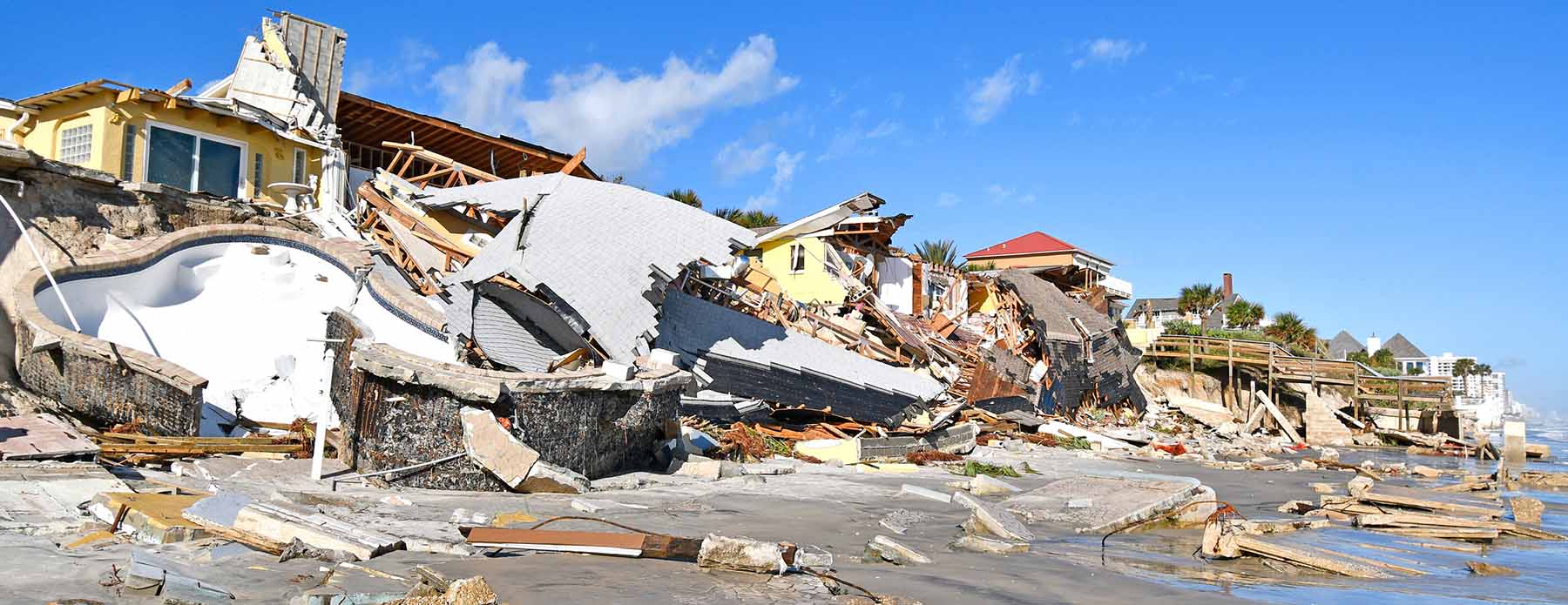This year we’ve experienced disasters of all types, from major hurricanes, catastrophic wildfires, to a global pandemic. Disasters can be at the global, regional, community or even household level. A single home fire can be devastating to a family and have disastrous impacts if precautions were not taken to purchase renters or homeowners’ insurance, document belongings, and have a disaster savings plan. Financial preparedness planning is a key component to recovering from a disaster.
FEMA recommends several steps in building financial preparedness including:
- Gather financial and critical personal, household and medical information.
- Consider saving money in an emergency savings account that could be used in any crisis. Keep a small amount of cash at home in a safe place. It is important to have small bills on hand because ATMs and credit cards may not work during a disaster when you need to purchase necessary supplies, fuel or food.
- Obtain property (homeowners or renters), health and life insurance if you do not have them.Not all insurance policies are the same. Review your policy to make sure the amount and types of coverage you have meets the requirements forall possible hazards.Homeowners insurance does not typically cover flooding, so you may need to purchase flood insurance from theNational Flood Insurance Program.
- For more helpful financial preparedness tips, download theEmergency Financial First Aid Kit(EFFAK) to get started planning today.
ConsumerFinance.gov also shares three important tips on how to financially prepare for a disaster in their You Tube video.
Below are a few tips on how to create an emergency financial first aid kit for your home or business:Emergency Financial First Aid Kit
TheEmergency Financial First Aid Kit(EFFAK), a joint publication fromOperation Hopeand FEMA, can help you prepare financially and provides tips to reduce the financialimpact ofdisasters on you and your family.
For Organizations
Encourage people throughout your organization or workplace to prepare financially. Here are some ideas to promote financial preparedness in your organization:
- Hold a brown bag meeting
- Make a presentation at an existing staff meeting usingSafeguard Critical Documents and Valuablesto support your discussion
- Include financial preparedness information in the staff monthly newsletter
At Home
Storeimportant documents either in a safety deposit box, an external drive oron the cloud to make it easy to access during a disaster.
Take time now tosafeguard these critical documents.
Household Identification
- Photo ID (to prove identity of household members)
- Birth certificate (to maintain or re-establish contact with family members)
- Social Security card (to apply for FEMA disaster assistance)
- Military service
- Pet ID tags
Financial and Legal Documentation
- Housing payments (to identify financial records and obligations)
- Insurance policies (to re-establish financial accounts)
- Sources of income (to maintain payments and credit)
- Tax statements (to provide contact information for financial and legal providers and to apply for FEMA disaster assistance)
Medical Information
- Physician information (in case medical care is needed)
- Copies of health insurance information (to make sure existing care continues uninterrupted)
- Immunization records
- Medications
Insurance Information
Having insurance for your home or business property is the best way to make sure you will have the necessary financial resources to help you repair, rebuild or replace whatever is damaged.Document and insure your property now.
Household Contact Information
- Banking institutions
- Insurance agents
- Health professionals
- Service providers
- Place of worship
Get Your Benefits Electronically
A disaster can disrupt mail service for days or weeks. If you depend on Social Security or other regular benefits, switching to electronic payments is a simple, significant way to protect yourself financially before disaster strikes. It also eliminates the risk of stolen checks. The U.S. Department of the Treasury recommends two safer ways to get federal benefits:
- Direct deposit to a checking or savings account. If you get federal benefits you can sign up by calling 800-333-1795 orsign up online.
- TheDirect Express® prepaid debit card is designed as a safe and easy alternative to paper.
If you take time now to prepare yourself with the advice provided in this article, you will greatly reduce risks to your family or business’ financial recovery in the event of a disaster or crisis – getting you back to normal as quickly as possible.



